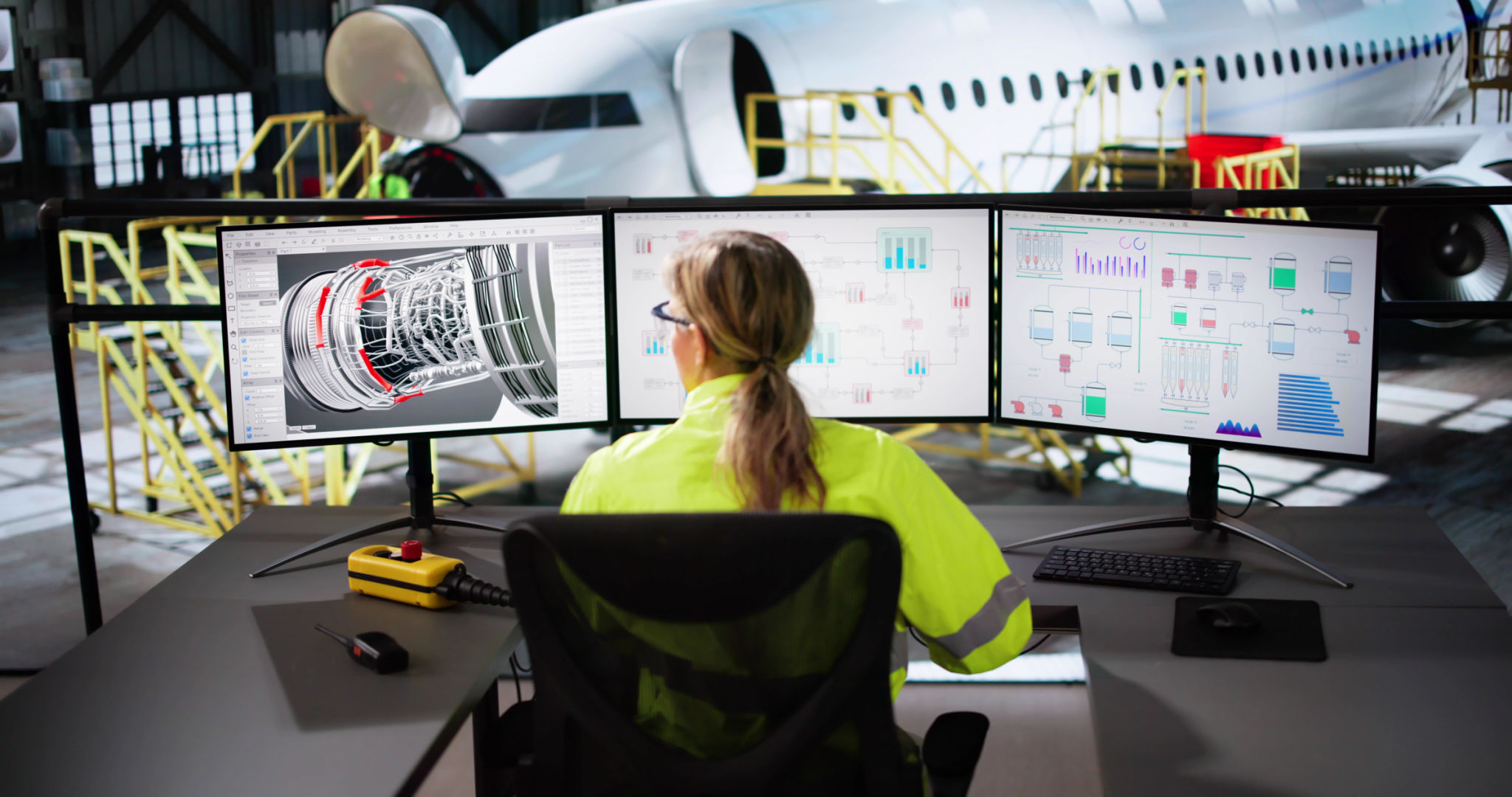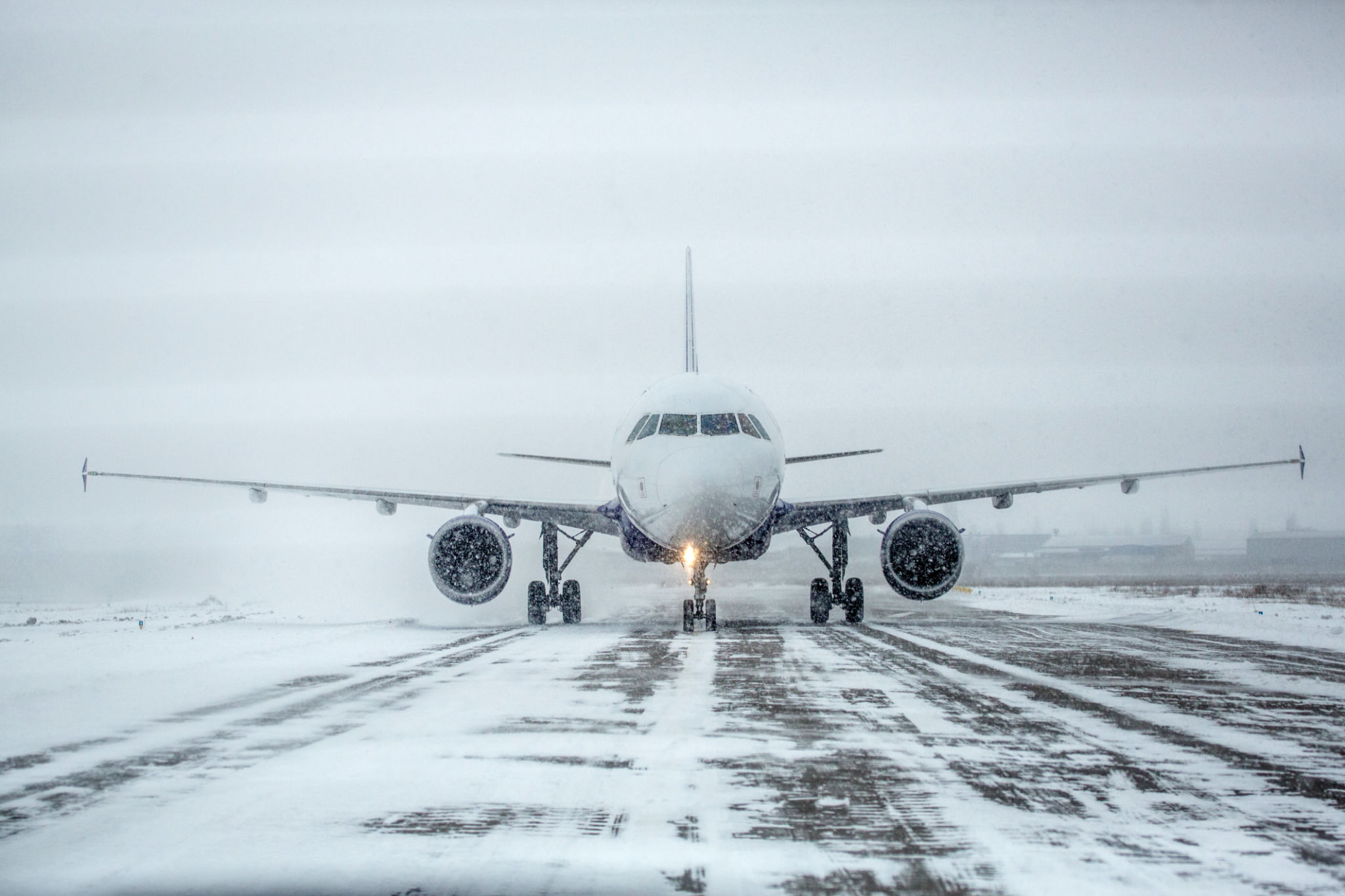Seasonal Aviation Maintenance: Preparing Your Aircraft for Optimal Performance
The Importance of Seasonal Aviation Maintenance
As the seasons change, so do the demands placed on aircraft. This makes seasonal maintenance a critical aspect of ensuring optimal performance and safety. Each season presents unique environmental challenges, from temperature fluctuations to weather conditions, which can impact various components of an aircraft.
Conducting thorough inspections and maintenance tailored to the season can help prevent unexpected issues and extend the life of the aircraft. Regular maintenance not only ensures compliance with aviation regulations but also enhances the overall efficiency and reliability of your aircraft.

Spring: Preparing for Warmer Weather
As winter fades, it's crucial to prepare your aircraft for the warmer months. Spring maintenance focuses on reversing the effects of cold weather conditions. Key areas include:
- De-icing Systems: Check for any damage or wear in de-icing systems and ensure they are fully operational.
- Corrosion Control: Inspect for any signs of corrosion that may have developed during the winter months, especially in metal components.
- Tire Checks: Ensure that tires are in good condition and properly inflated, as they may have been affected by cold temperatures.
Summer: Managing Heat and Sun Exposure
Summer brings its own set of challenges, primarily due to increased heat and sun exposure. To keep your aircraft in top condition during this season, consider the following:
- Cooling Systems: Ensure that cooling systems are functioning effectively to prevent overheating.
- Cabin Conditioning: Test air conditioning units to maintain passenger comfort and equipment efficiency.
- UV Protection: Inspect windows and windshields for UV damage and consider applying protective coatings as needed.

Autumn: Transitioning to Cooler Temperatures
As temperatures begin to drop in autumn, preparing your aircraft for cooler weather is essential. Maintenance tasks during this season often include:
- Fuel System Checks: Ensure fuel systems are clean and free from water contamination, which can occur more frequently with temperature changes.
- Battery Maintenance: Test battery performance, as colder temperatures can affect their efficiency.
- Fluid Levels: Verify that all fluids are at appropriate levels and consider using winter-grade lubricants and oils.

Winter: Navigating Cold Weather Challenges
Winter is perhaps the most demanding season for aircraft maintenance due to harsh weather conditions. Key areas of focus include:
- Pre-flight Inspections: Conduct thorough pre-flight inspections, paying particular attention to ice accumulation and control surface movement.
- Engine Care: Protect engines against freezing conditions by using engine covers and pre-heating systems if necessary.
- Landing Gear: Examine landing gear for signs of wear or damage from ice and snow exposure.
By adhering to seasonal maintenance protocols, aircraft operators can ensure that their planes remain safe, efficient, and ready for any conditions. Routine checks and timely interventions are key to maintaining high performance throughout the year.

